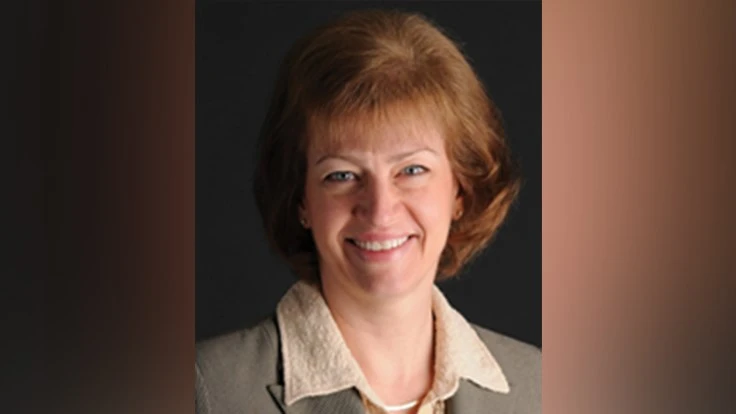

In 2019, the National Garden Bureau launched the ‘Year of’ video contest to curate a collection of videos to help the horticulture industry better promote a given plant. This year, the focus of the contest was snapdragons. In late July, NBG announced its first slate of contest winners. The Lee College Horticulture Program at the Ellis Unit in Huntsville, Texas, took first place for its video that focused on teaching viewers interesting facts about snapdragons. An animated short finished in second place and a video highlighting the value of gardening finished third. All videos are available to view for free at ngb.org.
Here, NGB Executive Director Diane Blazek discusses the video contest, the connecting quality of the videos and what growers can learn from consumers.
Greenhouse Management: How do you and the rest of your organization feel the first video contest went?
Diane Blazek: I think the average consumer got a lot more involved than the industry did. It’s an opportunity sitting out there that they can take advantage of, but now they can take advantage of the winning videos and use those in any way because what we are trying to do is raise more awareness and enthusiasm over snapdragons. We did announce this in the spring — a really busy time for growers and retailers — whereas the end consumers were ready for it.
GM: Do you feel like there is a connecting quality between the three top finishers in this contest that separated them from the rest?
DB: It was pretty obvious that people went in several different directions and emotions — which is great. One was very emotional, as it was about a mother and her son who used to plant snapdragons. There was the humorous video, which was the first-place winner because we were like, ‘Wow, putting humor in this made this education via humor,’ and we loved that. And there’s the last one, which gets children involved. We all talk about that all the time — we need to get the children involved, so we thought that one really pulled in a different demographic [than the others].
We are talking about, but haven’t decided yet, to make next year’s contest have three first-place winners and divvy them up into categories because it came through loud and clear in the submissions we got that people were using one of those categories.
GM: What is something growers could learn about marketing and spreading the value of plants from consumers who are already doing that?
DB: I think on our end, our social media community is nearing 100,000 right now. I think we’ve learned a ton from them through the comments and questions people post when we post something.
In some ways, you can have both ends of the spectrum. They could know literally nothing, or we underestimate their knowledge. I think our industry could learn by looking at our social media pages, observe and learn from the questions being posed on social media.
We have not decided on what crop type to feature next year. We may decide to do two contests next year, we may let people choose or may just do the annual every year. But this was a successful launch to the program.

Explore the September 2019 Issue
Check out more from this issue and find your next story to read.
Latest from Greenhouse Management
- Anthura acquires Bromelia assets from Corn. Bak in Netherlands
- Top 10 stories for National Poinsettia Day
- Langendoen Mechanical hosts open house to showcase new greenhouse build
- Conor Foy joins EHR's national sales team
- Pantone announces its 2026 Color of the Year
- Syngenta granted federal registration for Trefinti nematicide/fungicide in ornamental market
- A legacy of influence
- HILA 2025 video highlights: John Gaydos of Proven Winners





